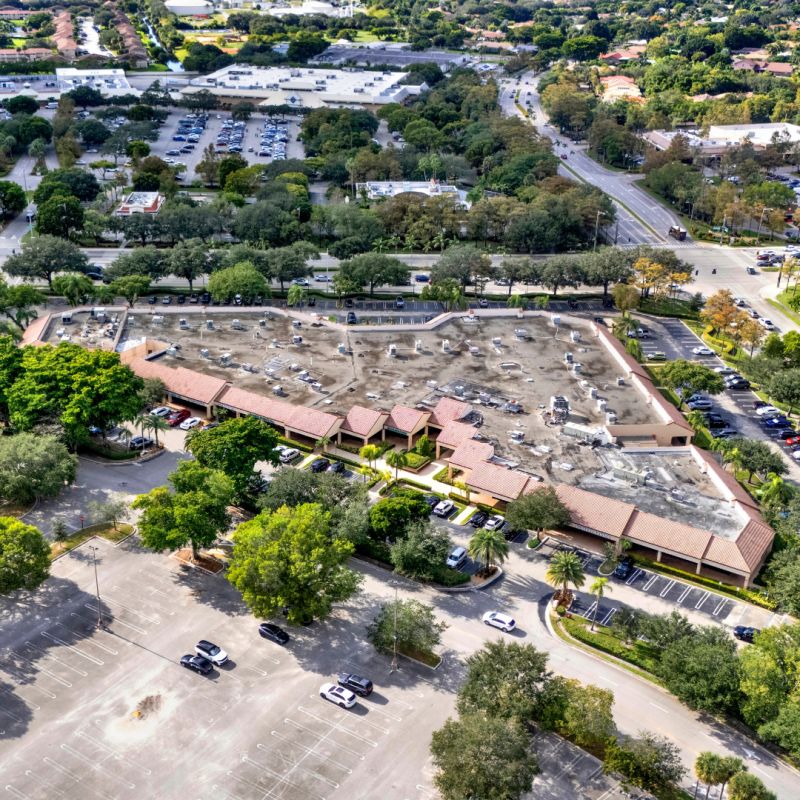I
f you're considering buying or selling a home in Florida, it's essential to stay informed about the current housing market trends. According to recent reports, several Florida markets are at risk of experiencing price declines due to various factors.
The national housing market is slowing down, with a decrease in price growth and prices becoming more affordable. However, this trend isn't uniform across the country, with some states like Florida, Texas, Montana, and Washington D.C. reporting negative home price growth. Specifically, Cape Coral, Lakeland, North Port, St. Petersburg, and West Palm Beach are highlighted as markets to watch, indicating a high risk of price decline.
The current economic climate and rising costs, such as insurance premiums, are putting pressure on home values in some of Florida's most popular areas. Dr. Selma Hepp, the Chief Economist at Cotality, notes that 20% of metropolitan areas recorded price reductions in June 2025, primarily concentrated in southern and southeastern markets.
Several factors contribute to this outlook, including rising insurance premiums, which have jumped 70% since 2020, eroding long-term affordability. The overall affordability crisis is also a concern, as home prices in Florida have outpaced income growth for many years. Markets demonstrating strong fundamentals, like attractive affordability and in-migration, are likely to see continued growth.
The Cotality report flags these five cities with a very high risk of price decline: Cape Coral, Lakeland, North Port, St. Petersburg, and West Palm Beach. This doesn't necessarily mean that home prices will plummet overnight but rather suggests a reduction in home values over the next year or so compared to other areas.
For potential buyers in these Florida markets, this situation could present opportunities if prices adjust downwards. However, it's crucial to remain cautious and ensure a purchase is affordable for the long term, not just based on a temporary dip in price. Building a solid financial cushion and understanding the true cost of ownership, including insurance and potential maintenance, is more important than ever.
For homeowners in these areas, this information is a call to reassess their financial strategies. If you're planning to sell, consider doing so sooner rather than later to capitalize on current home values. However, if you plan to stay in your home for the long term, price fluctuations might be less of an immediate concern, though the increasing cost of insurance remains a factor to manage.
The data from Cotality is a valuable tool, but it's also essential to remember that real estate is local. While these five cities are flagged, there could be variations within those metropolitan areas. Some neighborhoods might hold their value better than others depending on local amenities, school districts, and demand drivers.
Markets like Cape Coral, Lakeland, North Port, St. Petersburg, and West Palm Beach have seen significant growth in recent years but are now facing affordability pressures and rising insurance costs. The report forecasts that U.S. home price growth could reach 3.7% from June 2025 to June 2026, with specific markets diverging from this trend.
For those who are not selling and are comfortable with their current housing situation, these potential price declines might not be a major worry. However, for those looking to buy in these areas or considering selling, it's a clear signal to exercise caution and due diligence.















